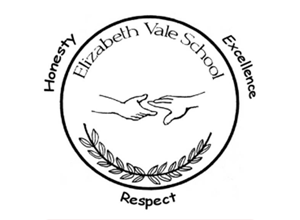Curriculum
The Australian Curriculum is taught in our school.
We use the curriculum to:
- plan student learning
- monitor and assess student progress
- report student progress to parents
- support student wellbeing
The curriculum learning areas are:
- English
- mathematics
- science
- humanities and social sciences – history, geography, economics and business, civics and citizenship
- the arts – dance, drama, music, media arts, visual arts
- technologies – design and technologies, digital technologies
- health and physical education
- languages
Visit curriculum in South Australia for more information.
Keeping Safe: Child Protection Curriculum
The Keeping Safe: Child Protection Curriculum (KS:CPC) is required for all children and young people in our school. It’s taught each year by teachers who have completed a full-day KS:CPC training course.
It teaches children to:
- recognise abuse and tell a trusted adult about it
- understand what touching is appropriate and inappropriate
- understand ways of keeping themselves safe.
Visit Keeping Safe: Child Protection Curriculum information for parents and carers for more information.
